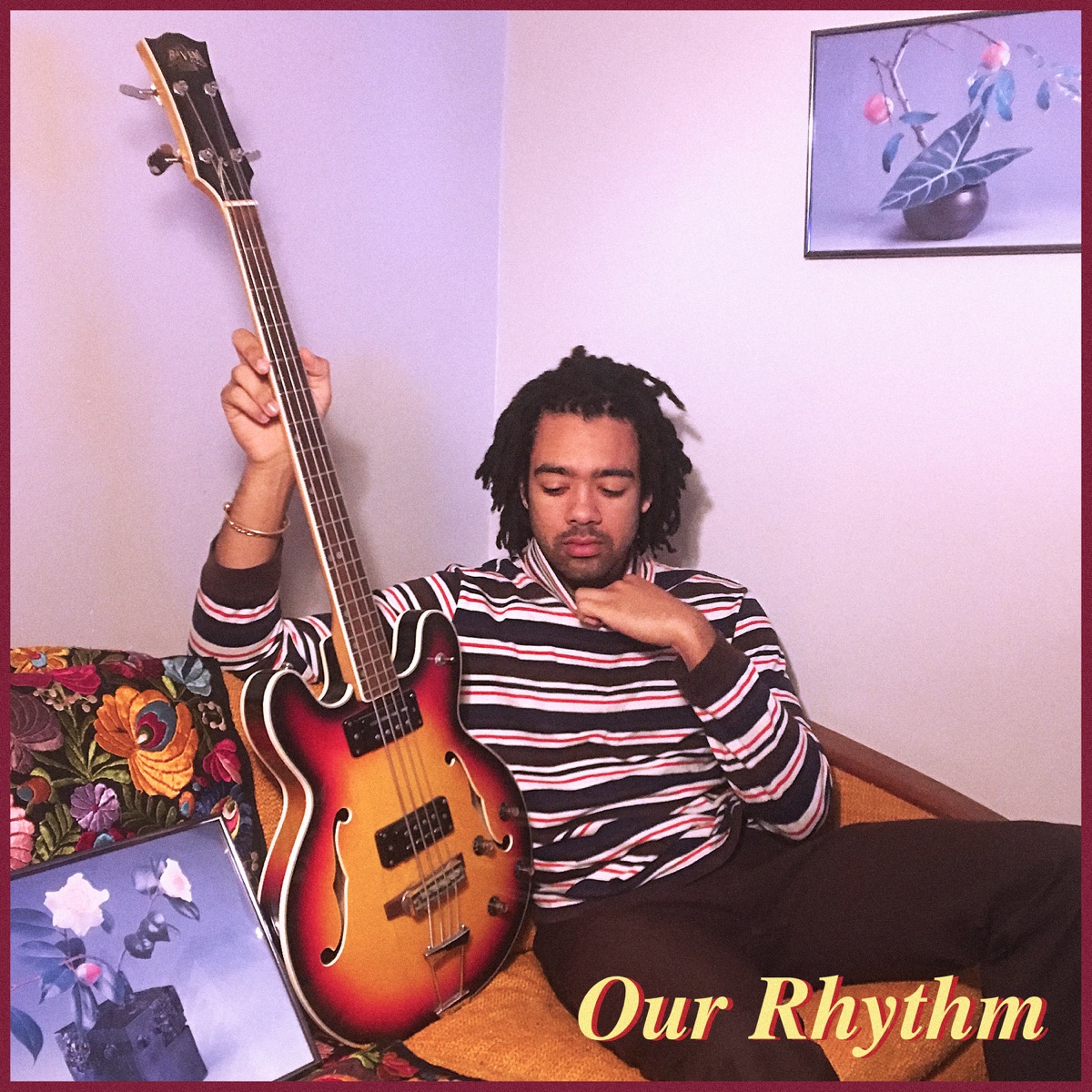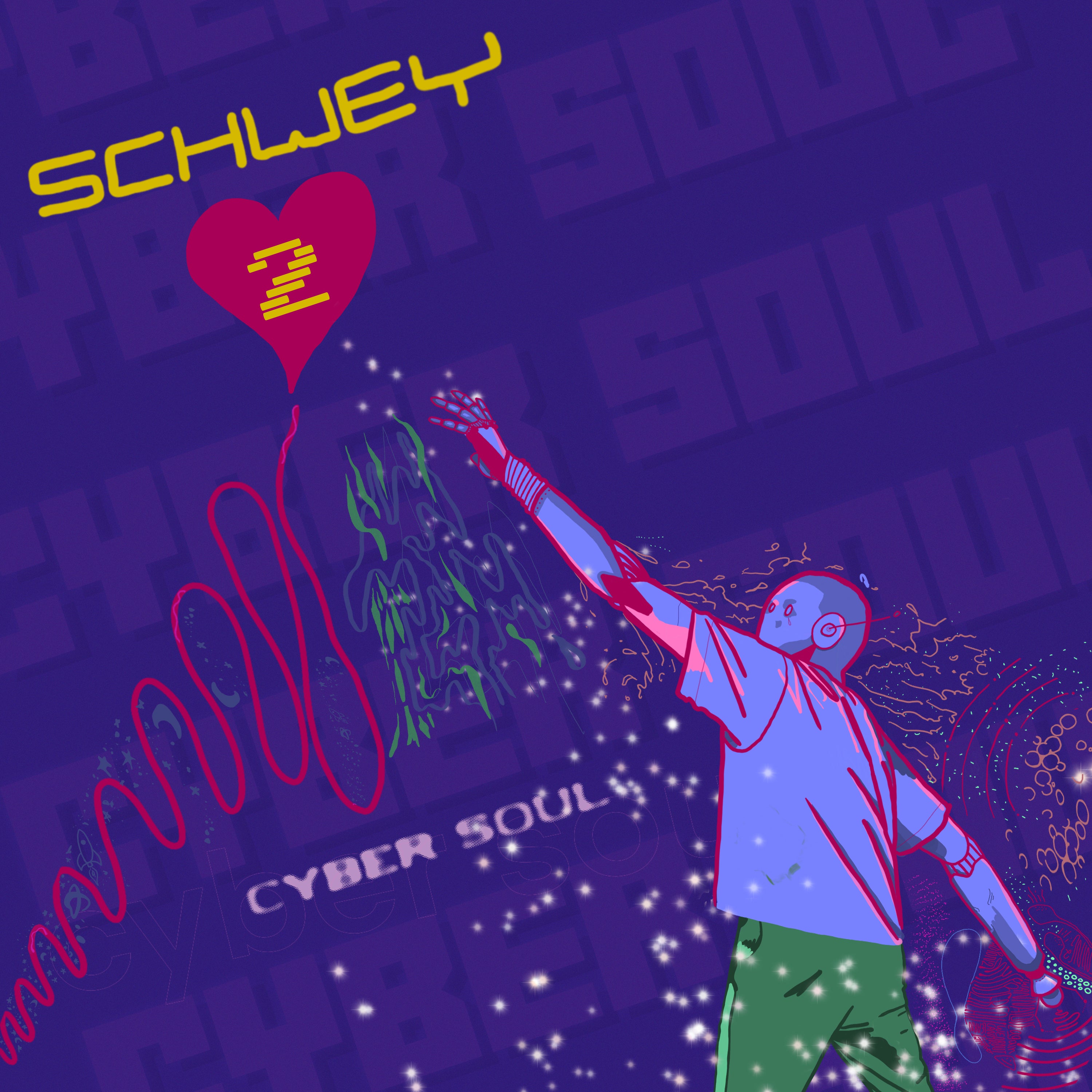Schwey is a vibrant Canadian band from Vancouver, blending soul, funk, R&B, and pop into their signature "cybersoul" sound. Known for their infectious grooves and electrifying live performances, they explore themes of love and technology, captivating audiences with their smooth, feel-good music.

Schwey is a dynamic Canadian band hailing from Vancouver, British Columbia. Formed out of the artistic synergy between core members Jacob Schwinghammer and Isaiah Dobbs, the band emerged from the underground DIY music scene in East Vancouver as teenagers. Initially known as Funk Schwey in 2013, Schwey has evolved to include members such as Jarah Dobbs and Christopher Bedé, alongside former members like Ben Robertson and Zak Haddad.

Schwey's musical palette is a rich blend of soul, funk, R&B, pop, and what they call "cybersoul." Their sound brings together influences from funk, soul, R&B, hip-hop, jazz, and electronic music, drawing inspiration from iconic artists like Prince, D'Angelo, Daft Punk, and Janelle Monáe. They are renowned for their groovy basslines, soulful vocals, and danceable rhythms, often described as "impossibly smooth soul-funk."
The band has made their mark with a series of releases that showcase their unique sound:
They have also released several singles, including:- "Can't Stop (The Groove)"- "Who Says"- "freetime"

Schwey has built a reputation for their energetic live shows, characterized by their ability to engage audiences and get them dancing. These performances, often referred to as "acoustic EDM," range from intimate DIY spaces to large festival stages. The band is driven by a passion for making music that makes people move, solidifying their presence in the live music scene.

Schwey's creative impulse is fueled by a desire to merge natural and technological themes, a concept explored in their album Schwey 2: Cyber Soul. Their lyrics often delve into themes of love, relationships, and positive vibes, underscoring the emotional depth and genuine feel-good nature of their music. This approach has resonated with listeners and critics alike, with the Vancouver Sun describing them as "revolutionary by virtue of having genuine emotional currency."
